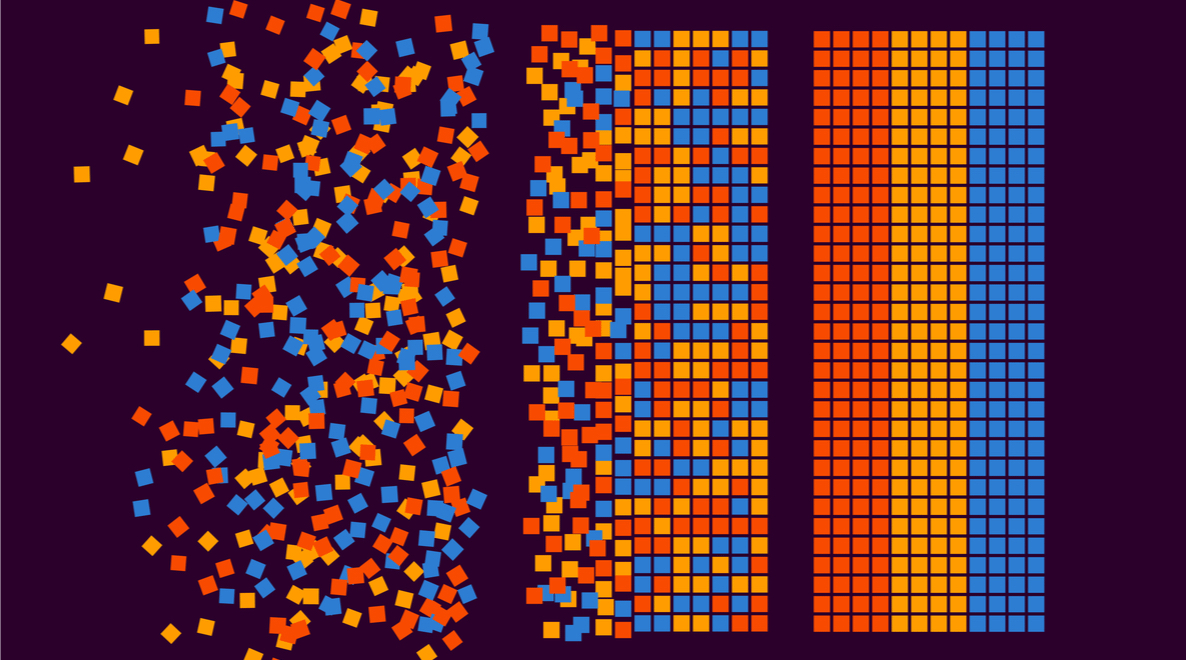Software engineering is itself a specialization within computer science. But this field can also be broken down into further niches and subtopics.
To be successful as a software engineer, it pays to specialize. The more you hone your skills in a very specific area, the more valuable you will be to employers.
Our rankings for the Best Online Bachelor’s in Software Engineering Degrees and Best Online Master’s in Software Engineering Degrees provide plenty of fantastic options. But to decide which one is right for you, think about more than the school’s overall degree program. You’ll also want to consider which schools offer the right specialization for your career goals.
Here are some potential specializations that you can consider within the software engineering industry. (These are all specializations and courses available at Miami University.)
Modeling and Simulation
Modeling and simulation can be used to understand the interactions within a system. This can include predicting and analyzing the behavior of certain elements in a system and their effects on the rest of the system. Business and finance, biology, physics, social sciences, and many other fields use modeling and simulation techniques.
Sample course titles: Optimization Modeling, Stochastic Modeling, Analysis of Forecasting Systems, Simulation
Network-centric Systems
This specialization is focused on the implementation, maintenance, and security of network systems. Professionals in this field design and analyze network architecture, distributed systems, and multimedia networking.
Sample course titles: Client Server Systems, Computer and Network Security, Advanced Database Systems, Network Modeling and Performance Analysis
Game and Entertainment Systems
Software engineers are needed to understand the technical as well as artistic aspects of game and entertainment design. In the coming years, this will be a compelling field as game designers use emerging technologies like virtual reality to create products and tell stories in new ways.
Sample course titles: Introduction to Computer Graphics, Foundations in 3D Animation, Game Design and Implementation
Digital and Embedded Systems
In this field, software engineers focus on devices outside of traditional computers. Embedded systems feature the use of operating systems, processors, and software to control and coordinate non-computer devices. This specialization is especially applicable in consumer electronics, medical technology, aviation, and automotive technology.
Sample course titles: Electronic Circuit Analysis, Digital Systems Design, Electronics, Embedded System Design
Geographic Information Systems
By specializing in this field, software engineers learn to write, test, modify, and debug geographic information systems (GIS). These systems are widely used for capturing, storing, manipulating, and analyzing geospatial data. Public safety, emergency response, school zoning, resource optimization, and fiber network management all rely on GIS data.
Sample course titles: Map Interpretation, Geographic Information Systems, Advanced Geographic Information Systems, Techniques and Applications in Remote Sensing
It’s worth noting that software engineering as a whole is a highly interdisciplinary field. After all, the point of learning how to build software is to create products that fulfill a purpose. These days, software can serve a purpose in just about any industry and niche. Software engineers are needed to develop apps and computer programs for education and training, medicine, finance, manufacturing, and much more. All of these are potential specializations for software engineers.












